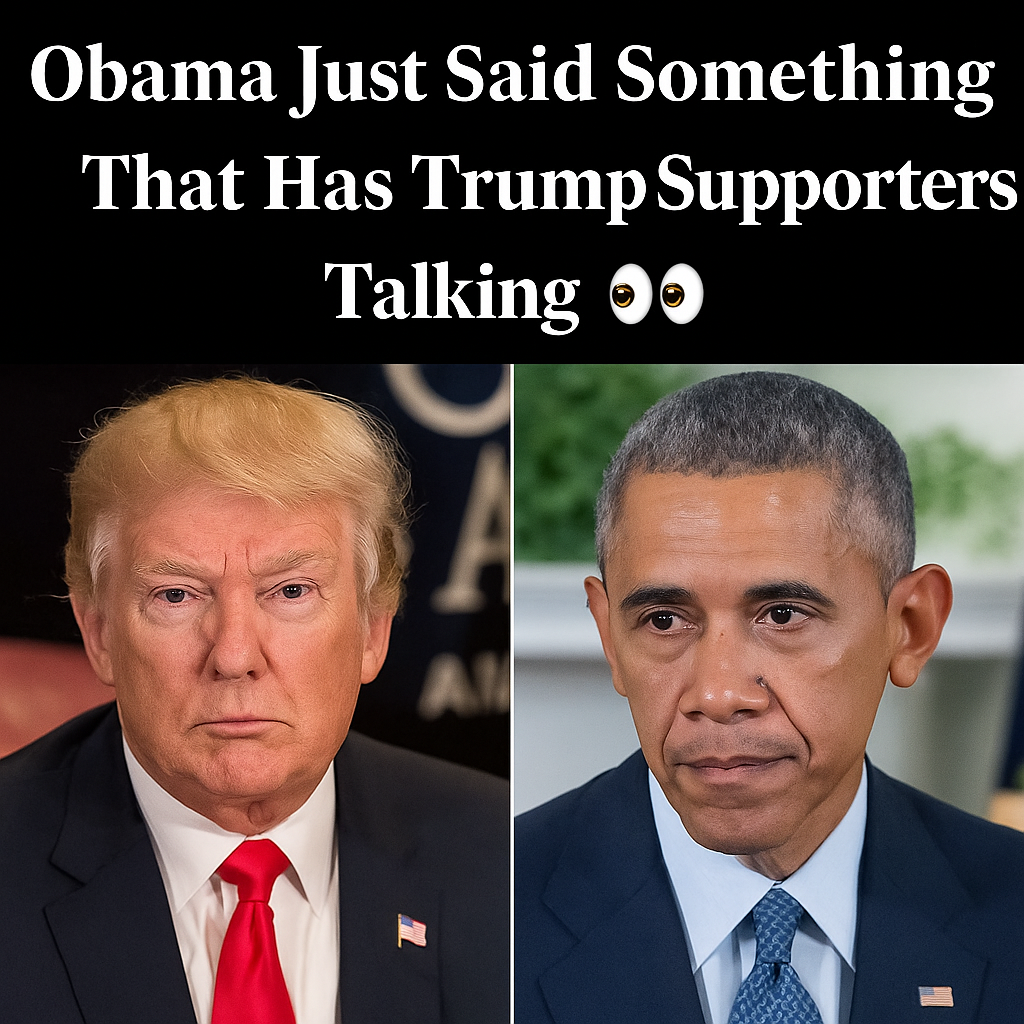During a recent public conversation at The Connecticut Forum, former President Barack Obama expressed deep concern over the spread of disinformation online and called for renewed attention to how social media platforms are shaping public discourse and trust in facts.
Speaking with historian and author Heather Cox Richardson, Obama highlighted the growing problem of factual distortion in the digital age.
“You and I can have differing opinions about a side table — you may not like the color, I might think the finish is wrong — but we’re still grounded in reality,” Obama said. “But if I say this table is a lawnmower, and I believe it, and you don’t, then we’re living in different realities. That’s dangerous.”
Obama warned that trust in shared facts is rapidly eroding, in part due to online platforms that allow falsehoods to circulate rapidly and repeatedly.
“There’s an old saying from the KGB, later echoed by Steve Bannon, that you don’t need to convince people something is true — you just need to flood the zone with so much misinformation that people stop believing anything,” he said.
Though Obama did not name former President Donald Trump directly, he alluded to political figures who make repeated false claims about elections and use contradictory narratives for political gain.
“It doesn’t matter if everyone believes a lie. What matters is when people give up and say, ‘I guess nothing matters.’ That’s where the real danger lies,” Obama warned.
He emphasized the role of government and society in finding solutions, suggesting that some level of regulation of business models behind social media platforms may be necessary — but must be done in a way that respects the First Amendment.
“We want a diversity of opinions — we do not want a diversity of facts,” he said. “The question is: how do we help young people, and the public in general, distinguish between facts and opinions in an online environment that profits off outrage and division?”
Obama concluded by calling for new approaches to journalism and civic education, encouraging collaboration between policymakers, educators, and tech companies to restore a healthier information environment.


